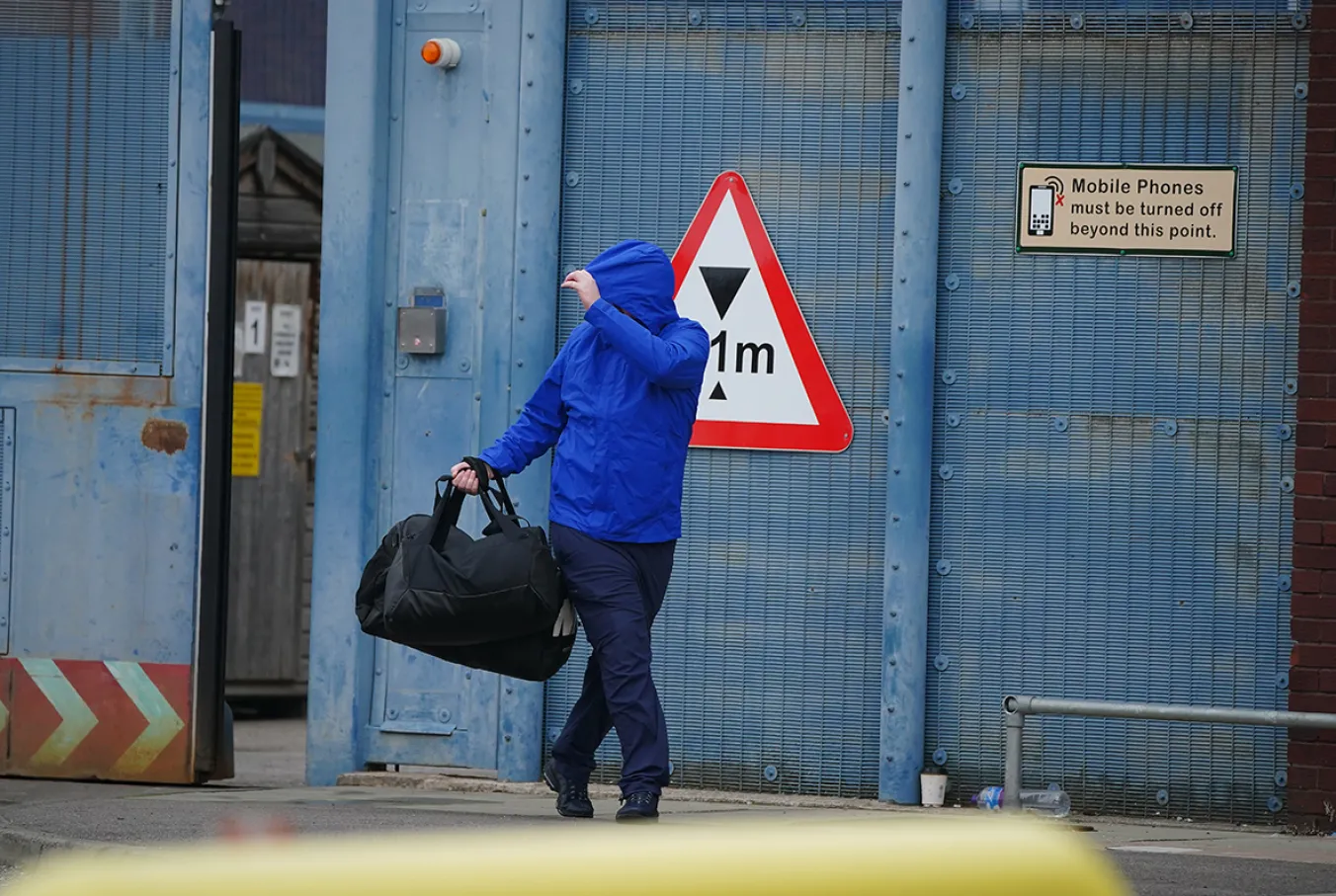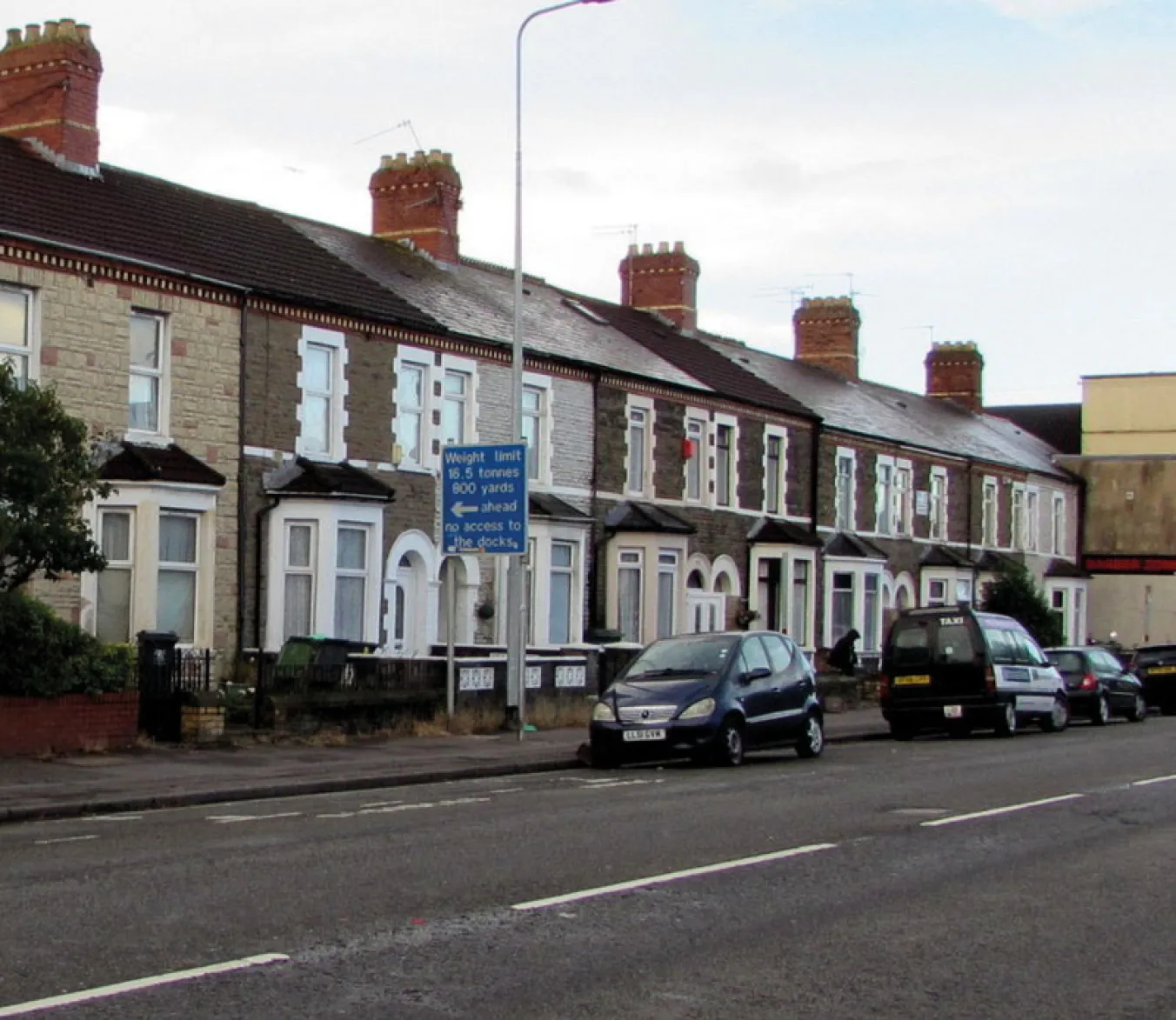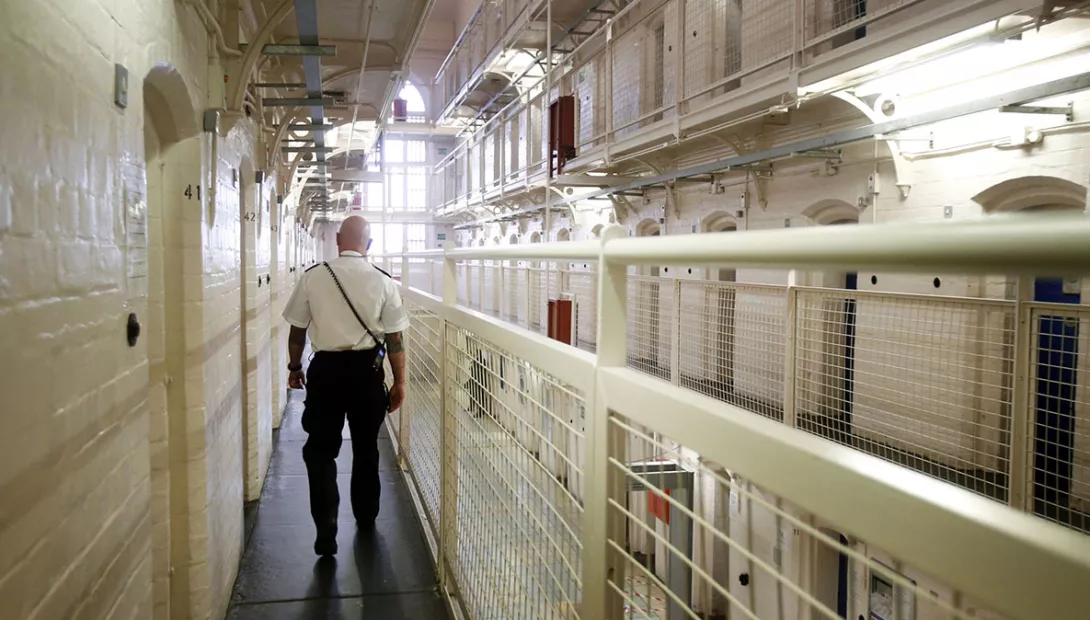
ON September 10, the British government introduced an early release scheme for prisoners in England and Wales, a measure designed to alleviate overcrowding in prisons.
The scheme’s lack of planning and co-ordination for post-release support has left many vulnerable individuals without housing or healthcare upon release.
Prison leavers are given little notice and are left to fend for themselves, with many pushed straight onto the streets. In desperation, some are reoffending or deliberately breaching their licence conditions to return to the relative security of prison.
The number of people sleeping rough after being released from prison has more than trebled in recent years. The Chief Inspector of Probation has stated that homelessness is the biggest driving factor in people reoffending or breaching their licence.
















